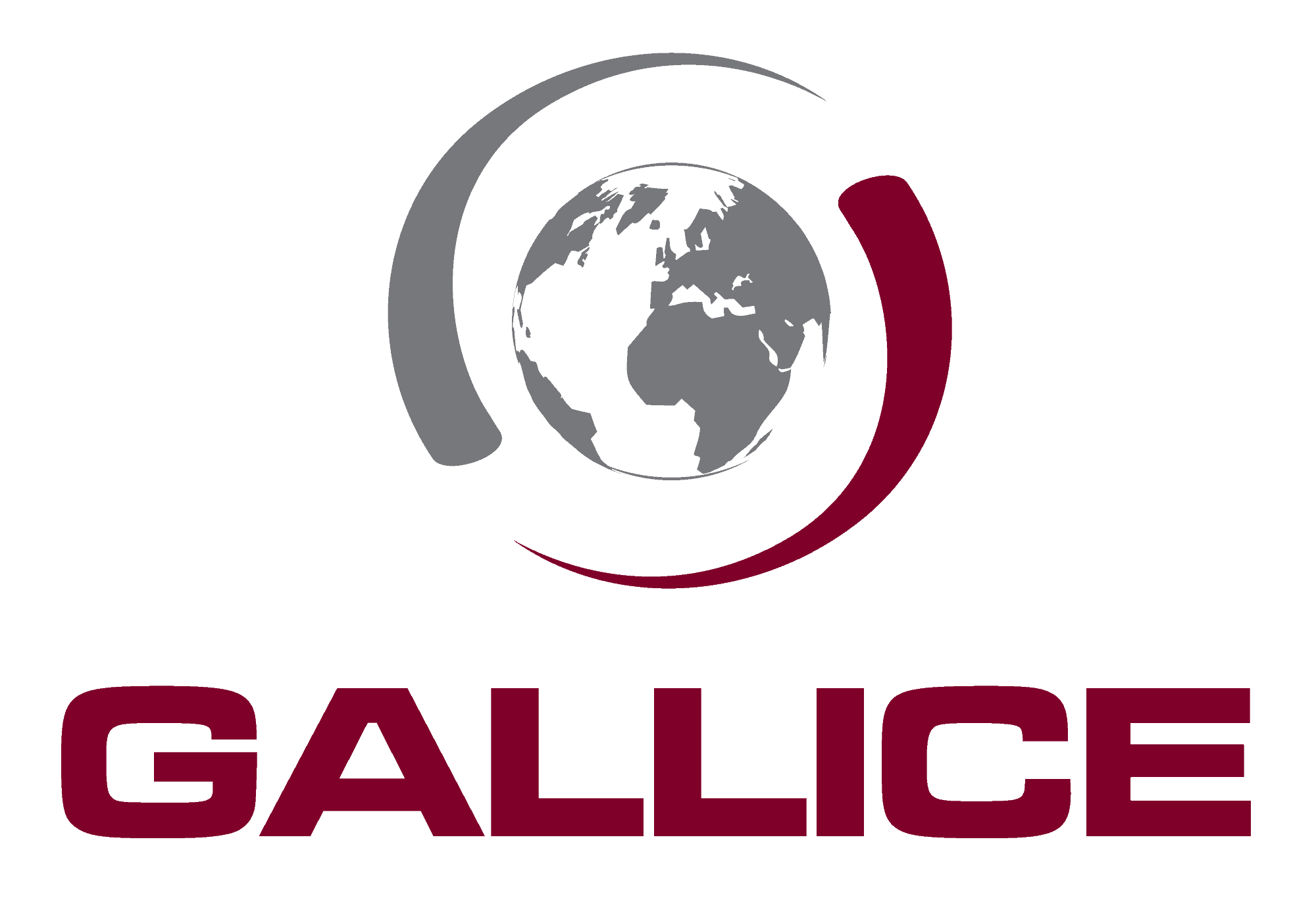GEORGIA
In 2025, Georgia is experiencing intense domestic political tensions and diplomatic strain. Mass protests in spring 2024 against the so-called “foreign influence” law have deeply polarised society and widened the gap between the ruling party and pro-European movements.
The ruling Georgian Dream party is accused by the opposition and many international observers of aligning with Moscow, despite its official support for EU accession. The “foreign influence” law, passed despite European criticism, has restricted civic space and targeted independent NGOs and media.
The October 2024 parliamentary elections were marred by irregularities, according to several observation missions. In 2025, post-election tensions persist, and protests are regularly dispersed by police. The political climate is characterised by widespread institutional distrust and signs of authoritarian drift.
Security is generally stable in the capital Tbilisi and other major cities. However, there is a real risk of political violence and arbitrary arrests of protesters and journalists.
Tensions with Russia remain high, particularly in the separatist regions of Abkhazia and South Ossetia, which remain under Russian military control. “Creeping annexation” (known as “borderisation”) continues along the demarcation lines, with regular abductions of Georgian civilians near these borders.
Georgia remains committed to closer ties with the EU, although the accession process is stalled due to concerns over the rule of law and fundamental freedoms. The country maintains active cooperation with the US and Baltic states.
Georgia remains a relatively safe destination for travellers, provided they avoid the border areas with Abkhazia and South Ossetia. Increased vigilance is advised in Tbilisi during times of political unrest, particularly near Parliament and public squares.
